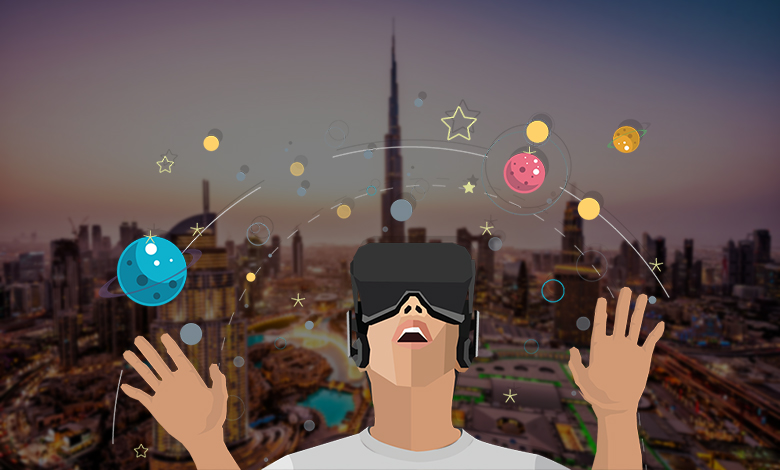In the heart of the Middle East, the United Arab Emirates (UAE) is not only embracing the global gaming scene but also shaping its future trajectory.
Alongside visionary counterparts like Saudi Arabia and Egypt, the UAE stands at the forefront of the Web3 gaming movement, capturing international attention with its innovative approach.
A recent study focusing on relative interest in Web3 gaming terminology via Google Trends reveals the UAE’s prominence among the top 15 countries invested in this emerging sector from 2021 to 2023, placing it alongside major players like China and Vietnam. This recognition underscores the UAE’s pivotal role in the Web3 industry and highlights its position as a key market in the gaming landscape.
The gaming revolution sweeping across the Middle East is exemplified by staggering projections, indicating a surge from 67.4 million to 88 million gamers in the region by 2026.
Leading this charge is the UAE, particularly through Dubai, which has emerged as a central hub propelling the region’s gaming industry forward. This ascent is the result of strategic investments aimed at elevating the UAE’s status as a global gaming and esports hub, attracting top-tier industry players and fostering economic expansion.
Moreover, this surge in gaming activity is not merely a numerical phenomenon; it reflects the passion of visionary creators, the innovation of developers, and the enthusiastic demand from gaming enthusiasts within the region.
Central to this transformative shift is the emergence of Web3 technology, along with Play-to-Earn (P2E) and Play-to-Own (P2O) games. These immersive experiences offer players the opportunity to earn real-time rewards and establish ownership over in-game assets, represented as Non-Fungible Tokens (NFTs). The UAE has been quick to embrace this global trend, evident in the increasing demand for Web3 gaming experiences and the rapid development of gaming infrastructure across the region.
Internationally acclaimed titles such as The Sandbox, Gods Unchained, and Splinterlands have gained traction, providing platforms for collecting, trading, and earning tokens on blockchain networks like Ethereum and Solana. In the UAE, games like Farcana have captured the imagination of gamers, offering high-quality immersive experiences and enticing Bitcoin prize pools backed by stable economic models.
Anticipation is also high for upcoming releases such as Galactic Entertainment’s “PlanetQuest,” which allows fans to own entire planets and in-game items, garnering overwhelming response and signaling the region’s enthusiasm for cutting-edge gaming experiences.
The economic potential of the gaming industry in the Middle East is undeniable, with revenues reaching $1.92 billion in 2023 and projected to soar to $3.14 billion by 2025. Dubai, in particular, has emerged as a magnet for global gaming talent, fueled by a combination of innovation, investment, and a conducive environment for creativity.
Moreover, initiatives like the Dubai Program for Gaming 2033, spearheaded by His Highness Sheikh Hamdan bin Mohammed bin Rashid Al Maktoum, the Crown Prince of Dubai, underscore the UAE’s commitment to driving technological advancement in gaming. With projected contributions of over $4 billion to Dubai’s annual GDP and the creation of 27,000 additional jobs by 2030, these initiatives are poised to propel the UAE to the forefront of the global gaming industry.
Loren Roosendaal, Founder and Chairman of Galactic Entertainment, expressed enthusiasm for the UAE’s embrace of Web3 gaming, highlighting the region’s potential to become a billion-dollar gaming destination by 2025.
As the UAE continues to embrace this transformative technology, it is laying the groundwork for substantial economic growth and solidifying its position as a powerhouse in the global gaming landscape.
The post UAE Emerges as a Global Player in Web3 Gaming Revolution, Expected to Hit $4B appeared first on UNLOCK Blockchain.

